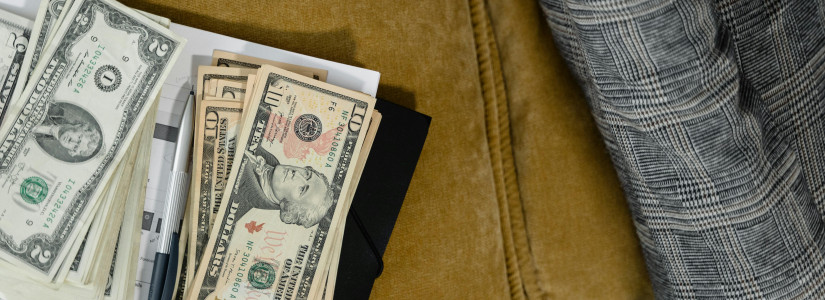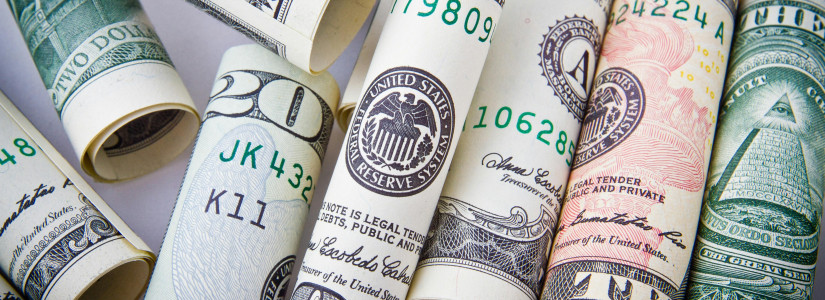Hidden Money: How the Government Holds Your Unclaimed Assets
Did you know state governments are holding billions of dollars in unclaimed money and property that may belong to you?
Surprisingly, it's not just forgotten bank accounts and uncashed checks.
Unclaimed property refers to a variety of assets that have been turned over to the state when the rightful owner cannot be located. This includes contents from:
- abandoned safe deposit boxes
- refunds
- stocks
- utility deposits, and more
According to the National Association of Unclaimed Property Administrators, states hold nearly $100 billion in unclaimed assets.
The good news is, claiming what's yours is often simple if you know where to look. However, many people remain unaware of these programs and the possibility of recovering lost money and valuables.
Rather than waiting for you to come forward, most states operate unclaimed property divisions to collect and safeguard abandoned assets until they are claimed.
Unclaimed property could be a financial lifeline, with the average claim amounting to $1,500. The key is educating yourself about the unclaimed property system and searching state databases for your name and information.
When companies and financial institutions are unable to locate account owners for an extended time, they are required by law to turn assets over to the state unclaimed property office.
Banks, employers, utility companies, brokers, and others regularly hand over forgotten funds, contents of abandoned safe deposit boxes, uncashed checks, stocks, and more.
The state then posts details about unclaimed property in their online databases which can be searched at no cost. However, the responsibility falls on citizens to periodically check for any property being held in their name.
Many people remain unaware these programs even exist until it's too late, and some unclaimed property may be sold or otherwise liquidated if not claimed within a certain time period according to state laws.
Rather than letting states hold onto money and valuables that rightfully belong to you, take action now to search unclaimed property records.
Checking annually or when filing state income taxes is a good habit. You may be pleasantly surprised by what you find, and discover an unexpected financial windfall.
Unclaimed property divisions aim to reunite people with lost assets—you just have to claim what's yours!












